WARREN




•
•
•
•
48 | SHARE: COMMUNICATING LIFE’S JOURNEY
• Transparent Storytelling
• Sharing Spiritual Insights
• Mutual Encouragement
• Emphasis on: ◊ Vulnerable Testimony ◊ Spiritual Narrative Sharing ◊ Hope-Filled Communication ◊ Collective Wisdom Transmission
60 | SURRENDER: YIELDING COLLECTIVELY TO DIVINE PURPOSE
• Radical Spiritual Alignment
• Letting Go of Individual Agendas
• Embracing Shared Spiritual Journey
• Key Practices:
◊ Collective Prayer
◊ Spiritual Discernment
◊ Unified Obedience
◊ Trusting Divine Orchestration
APPENDICES
84 | FREQUENTLY ASKED QUESTIONS
87 | LIFEGROUP AGREEMENT
90 | LIFEGROUP CALENDAR
91 | WEEKLY CHECK IN
93 | MEMORY VERSE CARDS (CLIP AND REVIEW)
95 | PRAYER AND PRAISE REPORT
96 | LIFEGROUP ROSTER
LIFEGROUP LEADERS
97 | HOSTING AN OPEN HOUSE
98 | LEADING FOR THE FIRST TIME
99 | LEADERSHIP TRAINING 101
102 | NOTES



The term itself evokes images of joy, encouragement, and spiritual growth. But too often, our relationships can feel draining, transactional, or even isolating. The truth is, God created us for community. His design has always been for people to grow, serve, and thrive together in unity.
Throughout this study, you will explore how to cultivate meaningful, life-giving relationships built on biblical principles. Each session will focus on a key aspect of living in community with others—connecting authentically, growing spiritually, serving with purpose, sharing life’s journey, surrendering to God’s plan together, and committing to lifelong fellowship.
Throughout this study, you will explore how to cultivate meaningful, life-giving relationships built on biblical principles. Each session will focus on a key aspect of living in community with others—connecting authentically, growing spiritually, serving with purpose, sharing life’s journey, surrendering to God’s plan together, and committing to lifelong fellowship.
Jesus said, “I have come that they may have life, and have it to the full” (John 10:10). This abundant life extends into every part of who we are, including our relationships. Are you ready to experience deeper connections and a stronger sense of purpose with others? This journey is designed to help you do just that.
Each session includes:
• A key biblical truth about relationships
• Group discussion and personal reflection
• Practical steps for living out your faith together
• Daily devotionals for personal growth
Use this workbook as a guide, not a rigid structure. If your group engages deeply in one discussion topic, let the Spirit lead. Most importantly, commit to walking this journey together in openness and faith.
(Tools to Help You Have a Great LifeGroup Experience!) 1 2 3 4 5 6
Notice in the Table of Contents there are three sections: (1) Sessions; (2) Appendices; and (3) LifeGroup Leaders. Familiarize yourself with the Appendices. Some of them will be used in the sessions themselves.
If you are facilitating/leading or co-leading a LifeGroup, the section LifeGroup Leaders, will give you some experiences of others that will encourage you. It will also help you avoid many common obstacles to effective LifeGroup leadership.
Use this workbook as a guide, not a straitjacket. If the group responds to the lesson in an unexpected but honest way, go with that. If you think of a better question than the next one in the lesson, ask it. Take to heart the insights included in the Frequently Asked Questions pages and the LifeGroup Leaders section.
Enjoy your LifeGroup experience.
Pray before each session—for your group members, for your time together, and for wisdom and insights.
Read the outline for each session on the next pages so that you understand how the sessions will flow.
A typical group session for the Purpose Driven Life Together study will include the following sections. Read through this to get a clear idea of how each group meeting will be structured:
Each session opens with a Memory Verse that emphasizes an important truth from the session. This is an optional exercise, but we believe that memorizing Scripture can be a vital part of filling our minds with God’s Word for our lives. We encourage you to give this important habit a try. The verses for our six sessions are also listed in the Appendices.
INTRODUCTION. Each lesson opens with a brief thought that will help you prepare for the session and get you thinking about the particular subject you will explore with your group. Make it a practice to read these before the session. You may want to have the group read them aloud.
SHARE YOUR STORY. The foundation for spiritual growth is an intimate connection with God and His family. You build that connection by sharing your story with a few people who really know you and who earn your trust. This section includes some simple questions to get you talking—letting you share as much or as little of your story as you feel comfortable doing. Each session typically offers you two options.
• You can get to know your whole group by using the icebreaker question(s), or you can check in with one or two group members for a deeper connection and encouragement in your spiritual journey..
HEAR GOD’S STORY. In this section, you’ll read the Bible and listen to a teaching in order to hear God’s story and begin to see how His story aligns with yours. When the study directs you, you will watch a short teaching segment. You’ll then have an opportunity to read a passage of Scripture and discuss both the teaching and the text. You won’t focus on accumulating information but on how you should live in light of the Word of God. We want to help you apply the insights from Scripture practically and creatively—from your heart as well as your head. Ultimately, allowing the timeless truths from God’s Word to transform our lives in Christ should be our greatest aim..
STUDY NOTES. This brief section provides additional commentary, background, or insights on the passage you’ll study in the Hear God’s Story section.
CREATE A NEW STORY. God wants you to be a part of His Kingdom—to weave your story into His. That will mean change. It will require you to go His way rather than your own. This won’t happen overnight, but it should happen steadily. By making small, simple choices, we can begin to change our direction. This is where the Bible’s instruction to “be doers of the Word, not just hearers” (James 1:22) comes into play. Many people skip over this aspect of the Christian life because it’s scary, relationally awkward, or simply too much work for their busy schedules. But Jesus wanted all of His disciples to know Him personally, carry
out His commands, and help outsiders connect with Him. This doesn’t necessarily mean preaching on street corners—it could mean welcoming newcomers, hosting a short-term group in your home, or walking through this study with a friend. In this study, you’ll have an opportunity to go beyond Bible study to biblical living. This section will also include one or two questions that will challenge you to live out your faith by serving others, sharing your faith, and worshiping God.
If you have time and want to dig deeper into more Bible passages about the topic at hand, we’ve provided additional passages and questions. You can use these either during the meeting or as homework. Your group may choose to read and prepare before each meeting to cover more biblical material, or group members can use the Additional Study section during the week after the meeting. If you prefer not to do homework, this section will provide plenty to discuss within the group. These options allow individuals or the whole group to expand their study while still accommodating those who can’t do homework or are new to your group.
Each week on the Daily Devotions pages, we provide Scriptures to read and reflect on between sessions. This offers you a chance to slow down, read a small portion of Scripture each day, and reflect and pray through it. You’ll then have an opportunity to journal your response to what you’ve read. Use this section to seek God on your own throughout the week. This time at home should begin and end with prayer. Don’t rush; take enough time to hear God’s direction.
“It is not good for the man to be alone.” — Genesis 2:18
The very first problem God identified in the perfect world He created wasn’t sin, sickness, or suffering. It was solitude. “It is not good for the man to be alone,” God declared. This reveals something profound about your purpose: You were created for connection.
From the opening pages of Scripture to its final chapters, the Bible makes it clear that relationships aren’t optional in God’s design. They’re essential. Life is better together because that’s how God designed it to be.
.
Take a few moments to prepare your heart:
• Read Genesis 2:18 and Ecclesiastes 4:9-12
• Think about one relationship that has significantly impacted your spiritual journey
• Pray that God would open everyone’s hearts to deeper community .
Begin with this simple truth: God created you for relationships. Look around the room. These people aren’t accidental additions to your life. They’re divine appointments.
Quick Share: Take turns finishing this sentence: “One thing I hope to gain from this group experience is...”
This initial sharing helps everyone recognize we all come with expectations and needs. That’s not selfish—it’s how God designed us.
Opening Prayer: “God, thank you for bringing us together. We believe you designed us for connection. Help us move beyond surface relationships to experience the community you intended. In Jesus’ name, Amen.”
The Bible teaches us seven fundamental truths about relationships. I call these the C.O.N.N.E.C.T. principles:
C - Created in God’s relational image God exists as Father, Son, and Holy Spirit—a perfect community of love. When Genesis says you’re made in God’s image, it means you’re designed for relationships.
Read Genesis 1:26-27 together
O - Orchestrated for interdependence God deliberately made us to need each other. No one has all the gifts, answers, or strengths. We’re better together.
Read 1 Corinthians 12:21-22 together
N - Needed by every human being Loneliness isn’t just uncomfortable—it’s unhealthy. Studies show isolation can be as damaging to your health as smoking 15 cigarettes a day!
Read Ecclesiastes 4:9-10 together
N - Nurtured through intentional effort Great relationships don’t just happen. They require time, energy, and commitment—but they’re worth it.
Read Hebrews 10:24-25 together
E - Essential for spiritual growth You cannot grow to spiritual maturity by yourself. God uses people to shape people.
Read Proverbs 27:17 together
C - Central to God’s plan for the church The church isn’t a building or an event. It’s a community of believers connected to each other.
Read Ephesians 4:15-16 together
T - Transformative when authentic Surface-level relationships won’t change you. But authentic community will transform your life.
Read James 5:16 together
Discuss Together:
1. Which of these seven principles surprised you most? Why?
2. Which one challenges you the most right now?
3. What’s one relationship myth you’ve believed that these principles contradict?
Watch the video for this session now. Use the Notes space provided at the end of this session to record key thoughts, questions, and things you want to remember or follow up on. After watching the video, have someone read the discussion questions in the Hear God’s Story section and direct the discussion among the group. As you go through each of the subsequent sections, ask someone else to read the questions and direct the discussion.
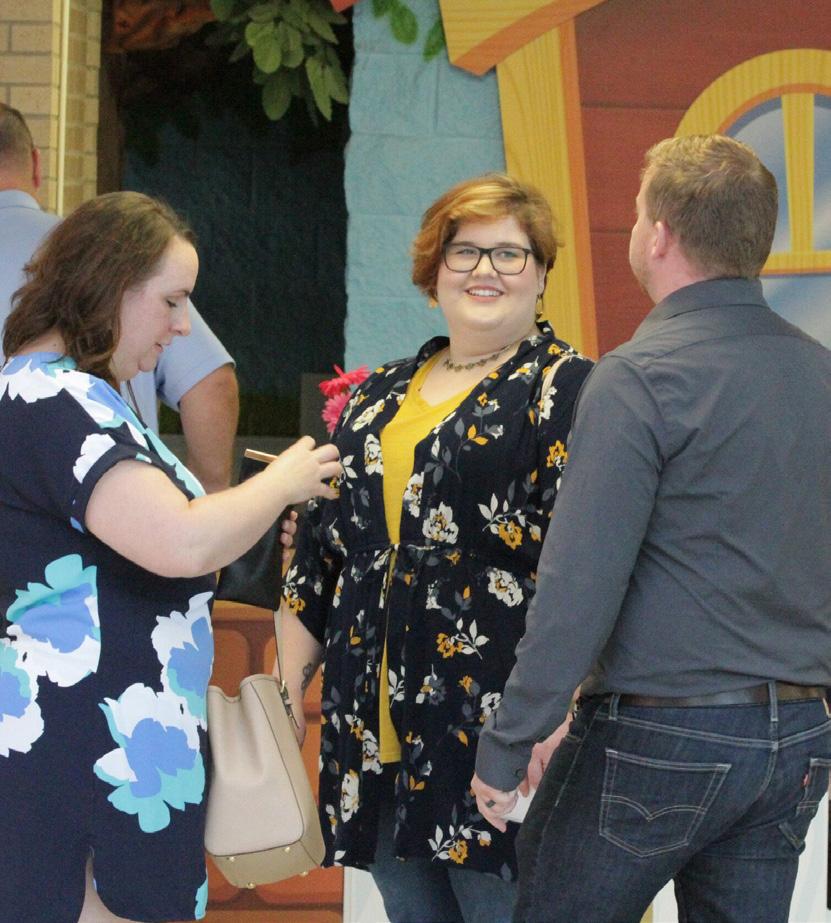


Read Proverbs 15:31-32.
Whoever heeds life-giving correction will be at home among the wise. Those who disregard discipline despise themselves, but the one who heeds correction gains understanding.
Read James 5:16.
Therefore confess your sins to each other and pray for each other so that you may be healed. The prayer of a righteous person is powerful and effective.

• What is a life-giving friendship?
• How well do you “heed correction”?
• According to James 5:16, what role does confession play in being healed?
• Why isn’t it enough just to confess to God?
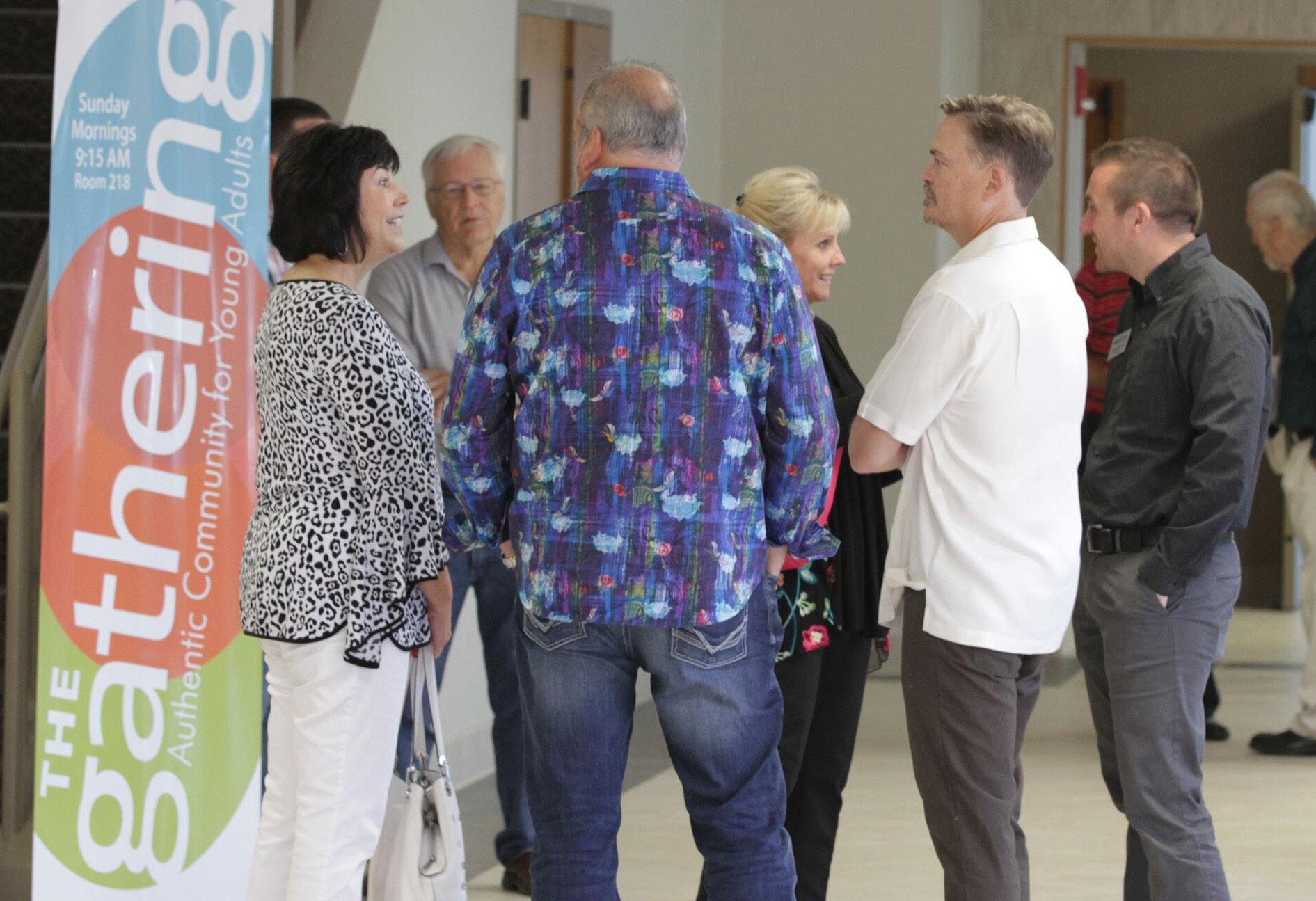
Life-giving correction. Other translations use the term “good advice.”
“Healed” as used in James. There are different types of healing – physical healing, spiritual healing, relational healing. Healed as used in James 5:16 leans more toward the meaning of relational healing and unity.
God wants you to be part of His kingdom—to weave your story into His. That will mean change—to go His way rather than your own. This won’t happen overnight, but it should happen steadily. By starting with small, simple choices, we begin to change our direction. The Holy Spirit helps us along the way—giving us gifts to serve the body, offering us insights into Scripture, and challenging us to love not only those around us but those far from God.
In this section, talk about how you will apply the wisdom you’ve learned from the teaching and Bible study. Then think about practical steps you can take in the coming week to live out what you’ve learned.
• Who’s your 2:00 a.m. phone call? Whose 2:00 a.m. phone call are you?
• Who are the five people you are closest to? Write down their names.
• How do the five people you are closest to influence you?
• What can you do this week to be a life-giving friend?
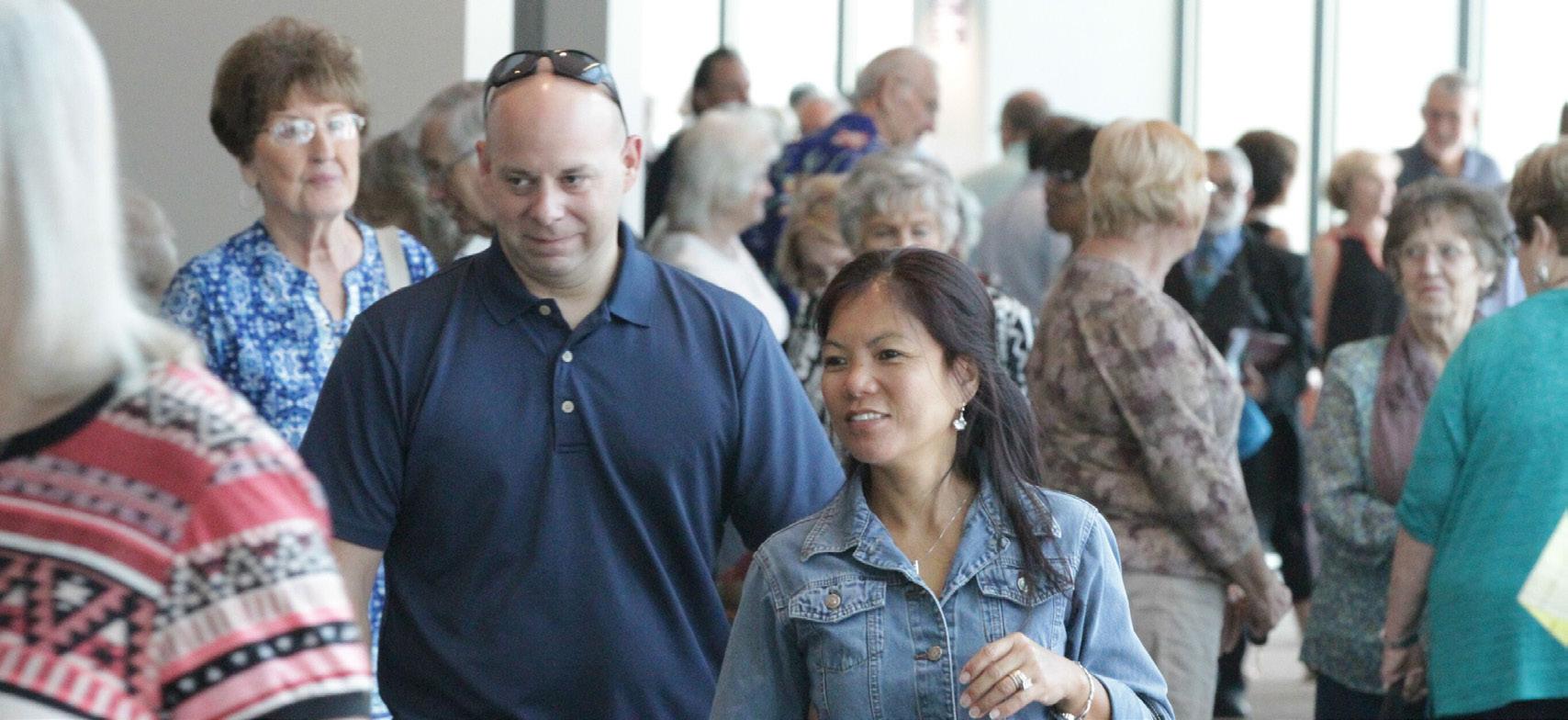
• Take a look at the Circles of Life diagram below and write the names of two or three people you know who need to know Christ. Commit to praying for God’s guidance and an opportunity to share with each of them. Perhaps they would be open to joining the group. Share your lists with the group so you can all be praying for the people you’ve identified.
(immediate or extended)
(neighbors, kid’s sports team, school and so forth... )
(gym, hobbies, hangouts)
(work)
• Also consider someone—in this group or outside it—that you can begin going deeper with in an intentional way. This might be your mom or dad, a cousin, an aunt or uncle, a roommate, a college buddy, or a neighbor. Choose someone who might be open to “doing life” with you at a deeper level and pray about that opportunity.
• This week, how will you interact with the Bible? Can you commit to spending time in daily prayer or study of God’s Word (use the Daily Devotions section to guide you)? Tell the group how you plan to follow Jesus this week, and then, at your next meeting, talk about your progress and challenges.
• Commit together to taking a risk and going deeper in your group and in your relationships with each other.
• Ask, “How can we pray for you this week?” Invite everyone to share, but don’t force the issue. Be sure to write prayer requests on your Prayer and Praise Report on page 95.
• Close your meeting with prayer.


If you feel God nudging you to go deeper, take some time before the next meeting to dig into His Word. Explore the Bible passages related to this session’s theme on your own and jot your reflections in a journal or in this study guide. A great way to gain insight on a passage is to read it in several different translations. You may want to use a Bible app or website to compare translations.
Read Colossians 3:12-15.
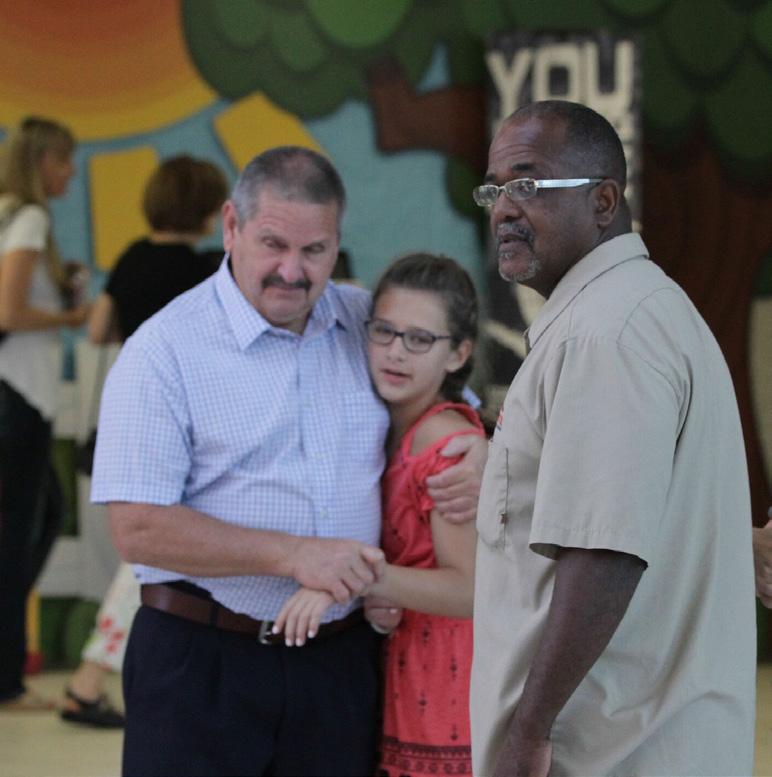
• What does it mean to be chosen by God?
• When you look at the qualities of compassion, kindness, humility, gentleness, and patience, which one are you excelling at right now? Which one needs some work?
• Who do you need to forgive?
Read Ephesians 4:29-32.
• Unwholesome talk is contrasted with what is helpful for building others up. What would be considered unwholesome talk? What unwholesome talk are you prone to?
• What are believers to get rid of? What are believers to do? How well are you doing in these areas?
• Who is difficult for you to be kind or compassionate toward? Who is difficult for you to forgive?
DAY 1
Read 1 John 3:11.
For this is the message you heard from the beginning: We should love one another.
RESPOND: How is the level of love in your life lately?
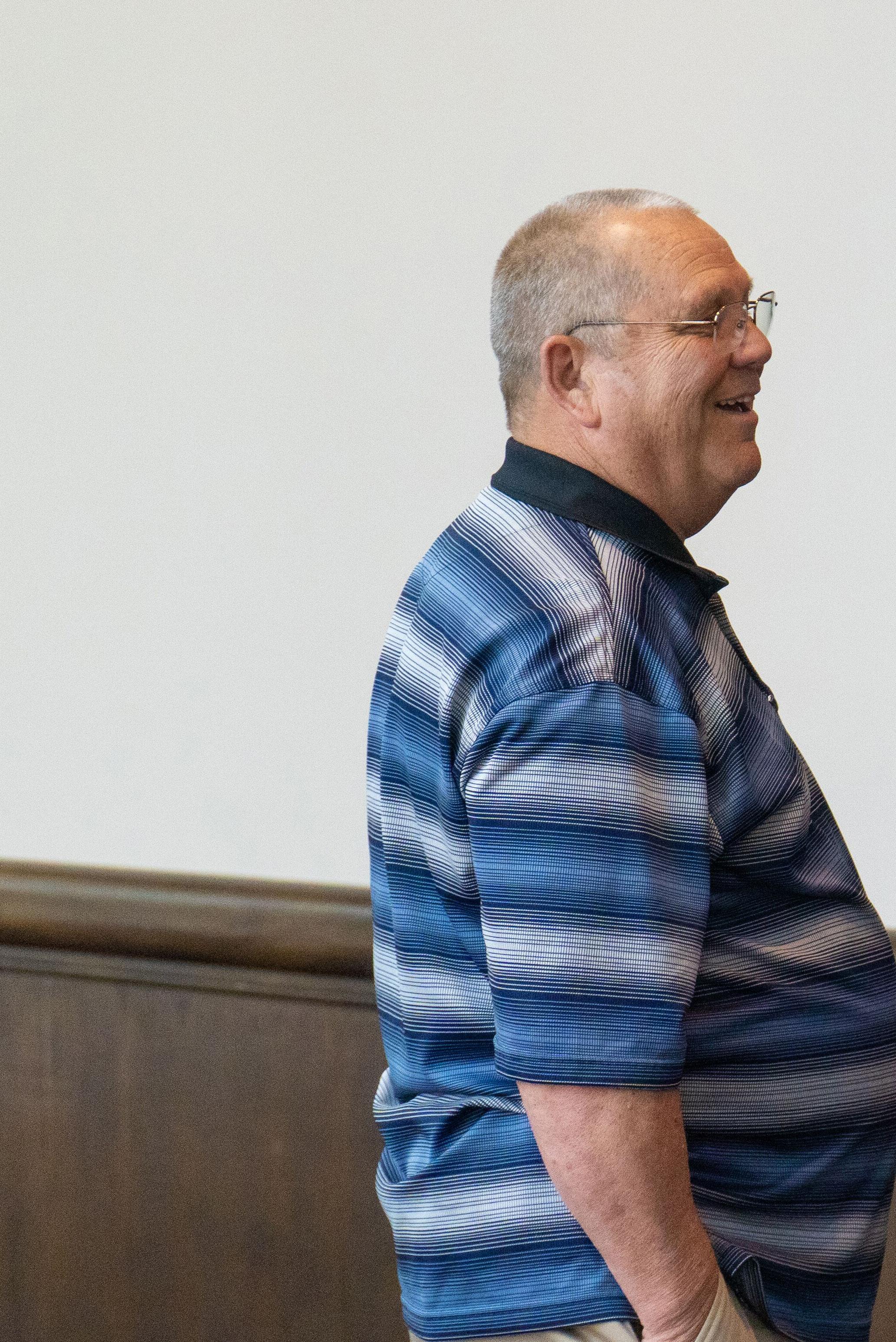
DAY 2
Read 1 John 3:12-13.
Do not be like Cain, who belonged to the evil one and murdered his brother. And why did he murder him? Because his own actions were evil and his brother’s were righteous. Do not be surprised, my brothers and sisters, if the world hates you.
RESPOND: Who do you find yourself jealous of? Why?
DAY 3
Read 1 John 3:14.
We know that we have passed from death to life, because we love each other. Anyone who does not love remains in death.
RESPOND: How is loving each other evidence of passing from death to life?
DAY 4
Read 1 John 3:15. Anyone who hates a brother or sister is a murderer, and you know that no murderer has eternal life residing in him.
RESPOND: Who do you feel hatred toward? Who do you have ill will against?

DAY 5
Read 1 John 3:16. This is how we know what love is: Jesus Christ laid down his life for us. And we ought to lay down our lives for our brothers and sisters.
RESPOND: What does it mean that Jesus laid down his life for you? Who would you lay down your life for?
DAY 6
Reflect on the verses from this past week, and use the following space to write any thoughts God has put in your heart and mind about the things we have looked at in this session and during your Daily Devotions time this week.